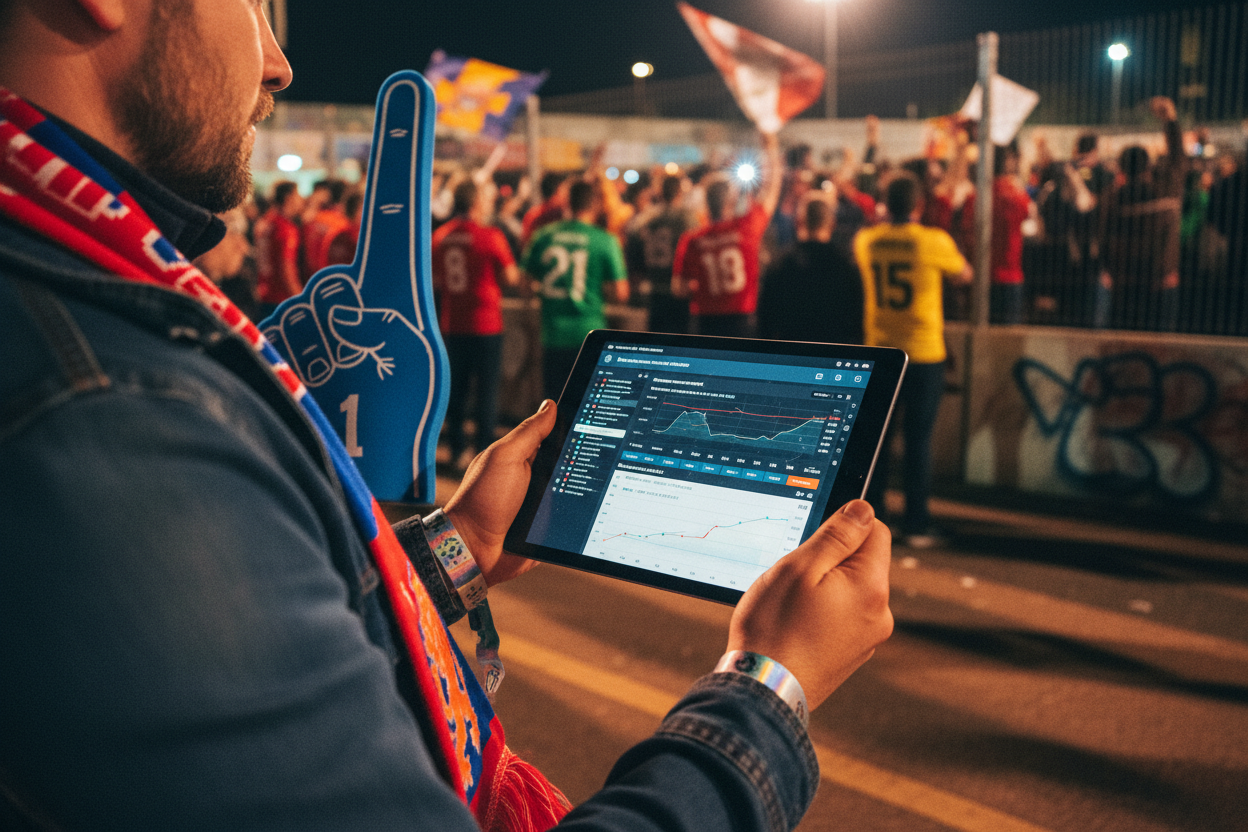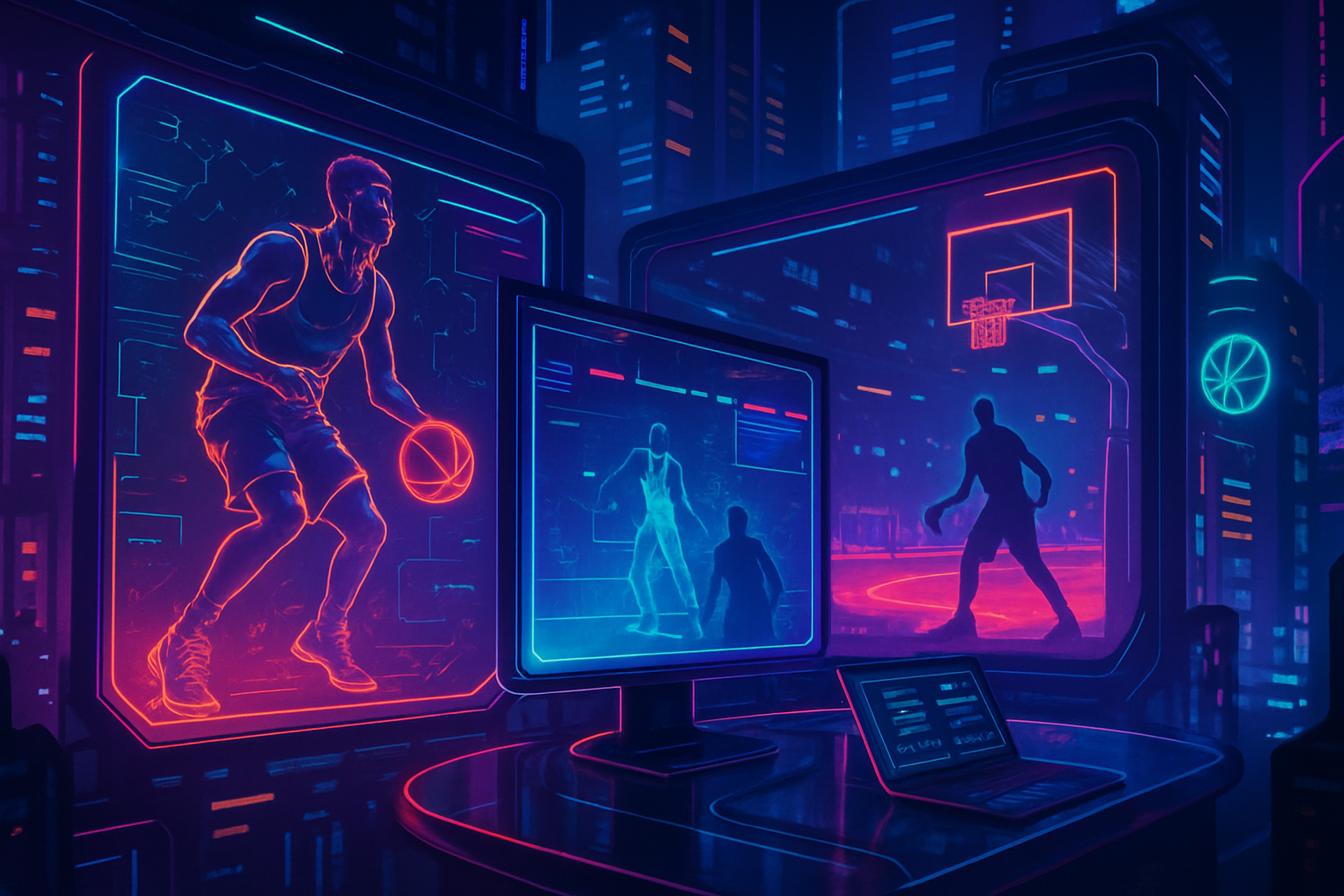
The NBA fan experience is rapidly evolving as blockchain technology reshapes how we play, watch, and interact with the game. No longer limited to passive viewership or traditional fantasy leagues, fans are stepping into a new era of agency and immersion through on-chain fantasy basketball. The launch of platforms like basketball. fun, backed by NBA champion Tristan Thompson and built on Somnia’s high-performance Layer 1 blockchain, signals a fundamental shift in what it means to be an engaged basketball fan.
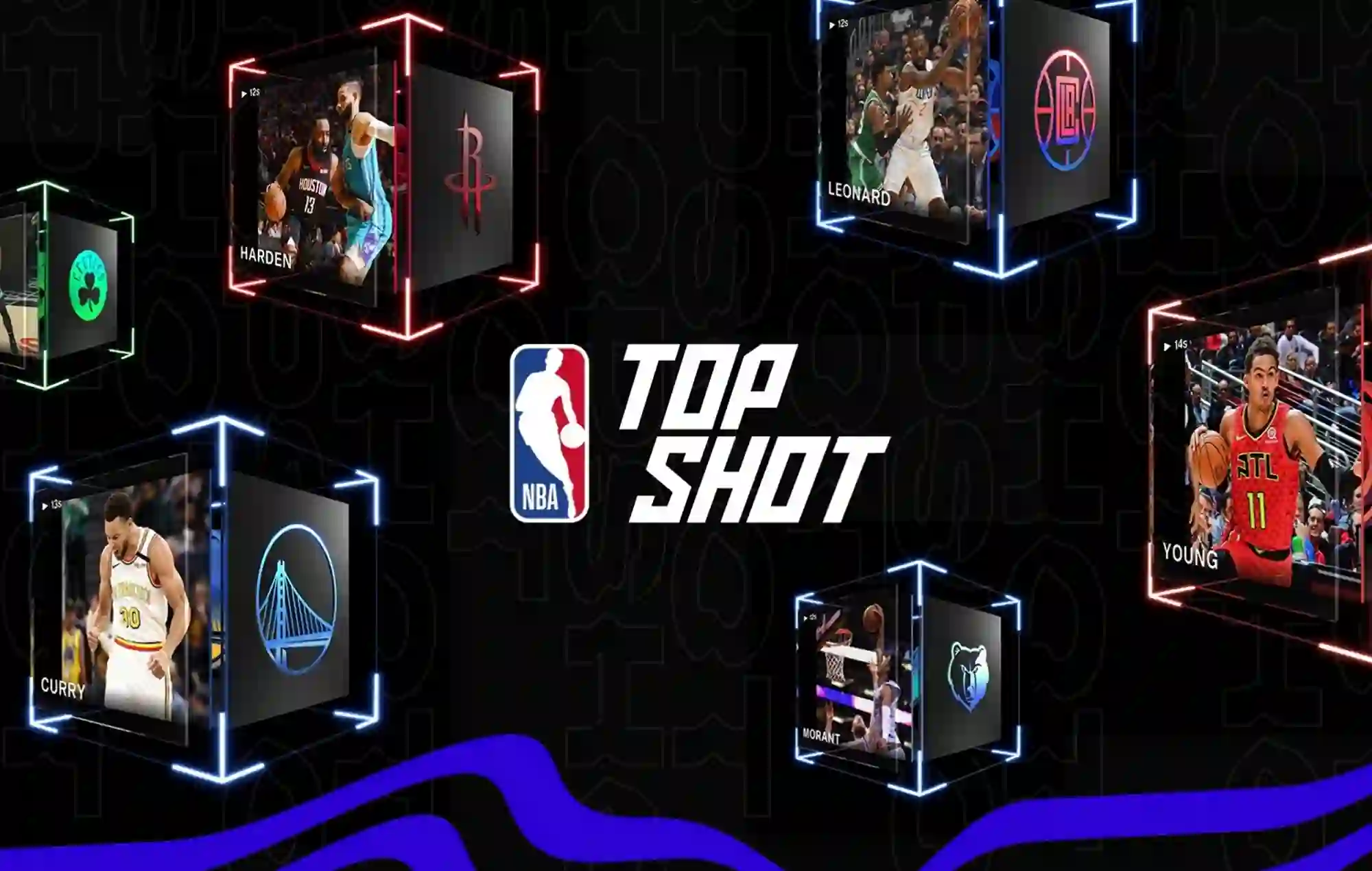
From Spectators to Stakeholders: The Rise of On-Chain Fantasy Basketball
For decades, fantasy basketball has been a staple for NBA enthusiasts seeking a deeper connection to the sport. But legacy platforms have always had their limits: centralized scoring, opaque reward systems, and minimal real-time interactivity. Enter on-chain fantasy basketball, where player ownership, performance metrics, and even fan sentiment are tokenized and updated in real time on the blockchain.
Basketball. fun is at the forefront of this movement. Launching just in time for the 2025-26 NBA season, it lets users assemble rosters from tokenized NBA players whose values fluctuate dynamically based on actual game performance and collective fan sentiment. Unlike traditional platforms that rely on native tokens or fiat entry fees, basketball. fun rewards users through in-app value tied directly to their engagement and prediction accuracy. This model transforms fans from mere spectators into active participants who can influence outcomes and earn tangible rewards for their expertise.
How Blockchain Is Powering Next-Gen NBA Fan Engagement
The technical backbone behind this revolution is Somnia’s robust blockchain infrastructure. High transaction throughput and low latency enable seamless real-time updates – crucial for tracking live games and player stats without lag. This scalability supports not just roster management but also advanced gamified elements like dynamic leaderboards, instant rewards for top-performing lineups, and speculative trading based on emerging talent.
The transparency provided by blockchain means every point scored, trade executed, or reward claimed is verifiable by anyone. This trustless environment addresses longstanding issues in traditional fantasy sports – such as disputes over scoring algorithms or delayed payouts – while opening doors for innovative features like NFT-based player cards (as seen in projects like Sorare) or interactive prediction markets.
Key Differences: On-Chain vs. Legacy Fantasy Basketball
-
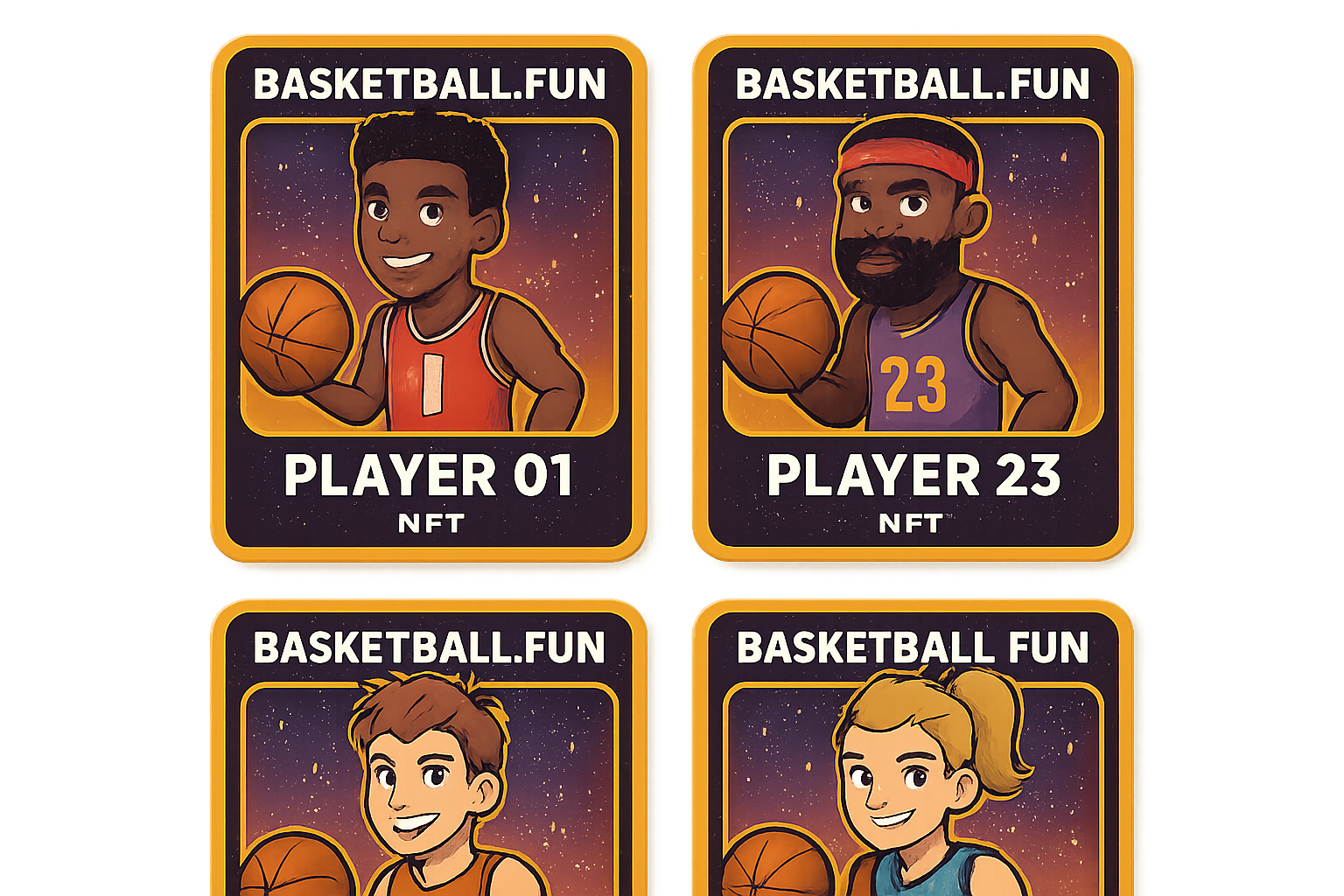
Player Ownership & Tokenization: On-chain platforms like basketball.fun and Sorare allow users to own tokenized NBA players or digital cards as blockchain assets, while legacy Web2 apps only offer virtual rosters without true digital ownership.
-
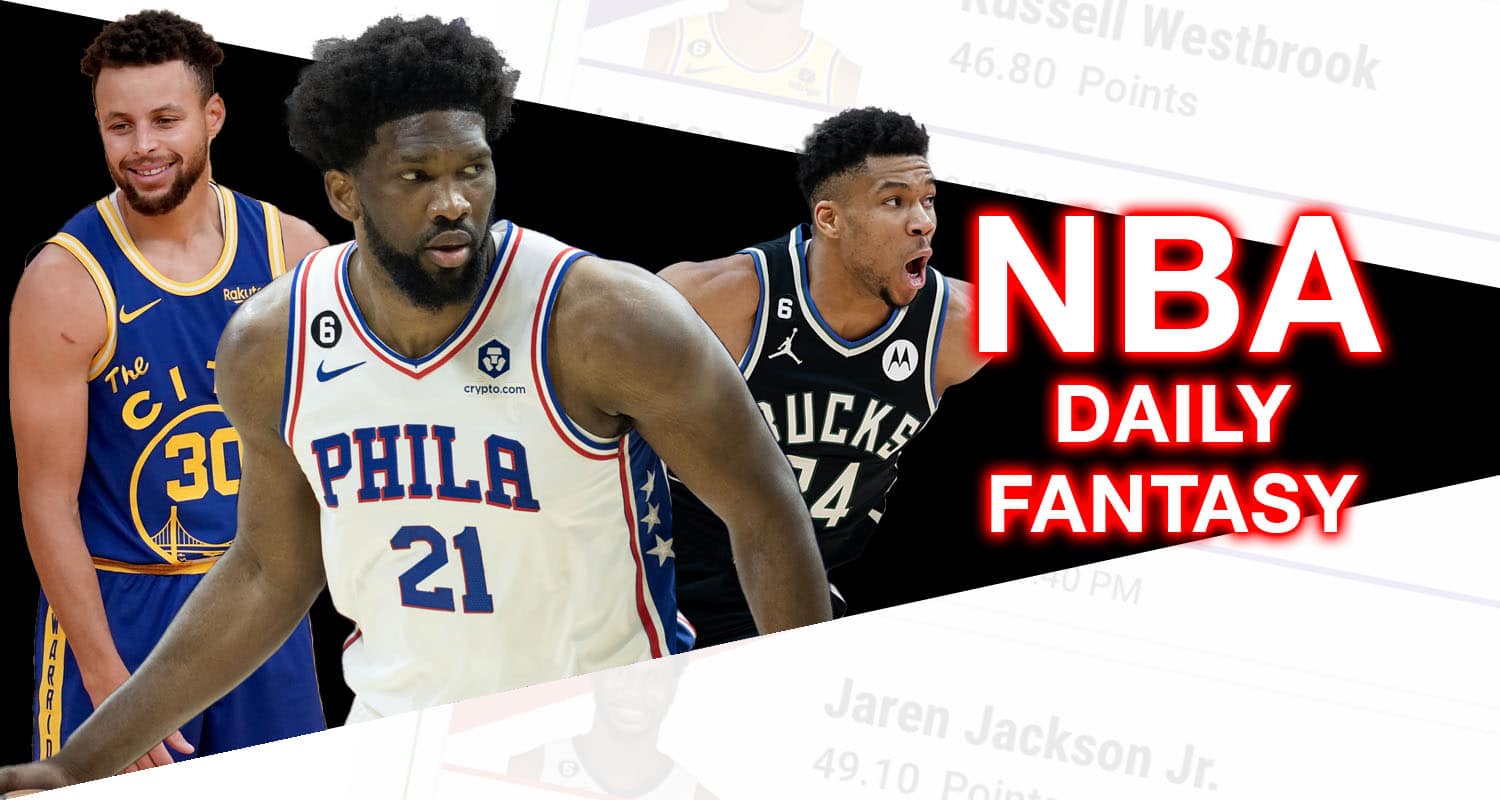
Real-Time Value Fluctuations: On-chain platforms feature dynamic player values that update in real time based on performance and fan sentiment, unlike traditional apps where player values are static or updated periodically.
-
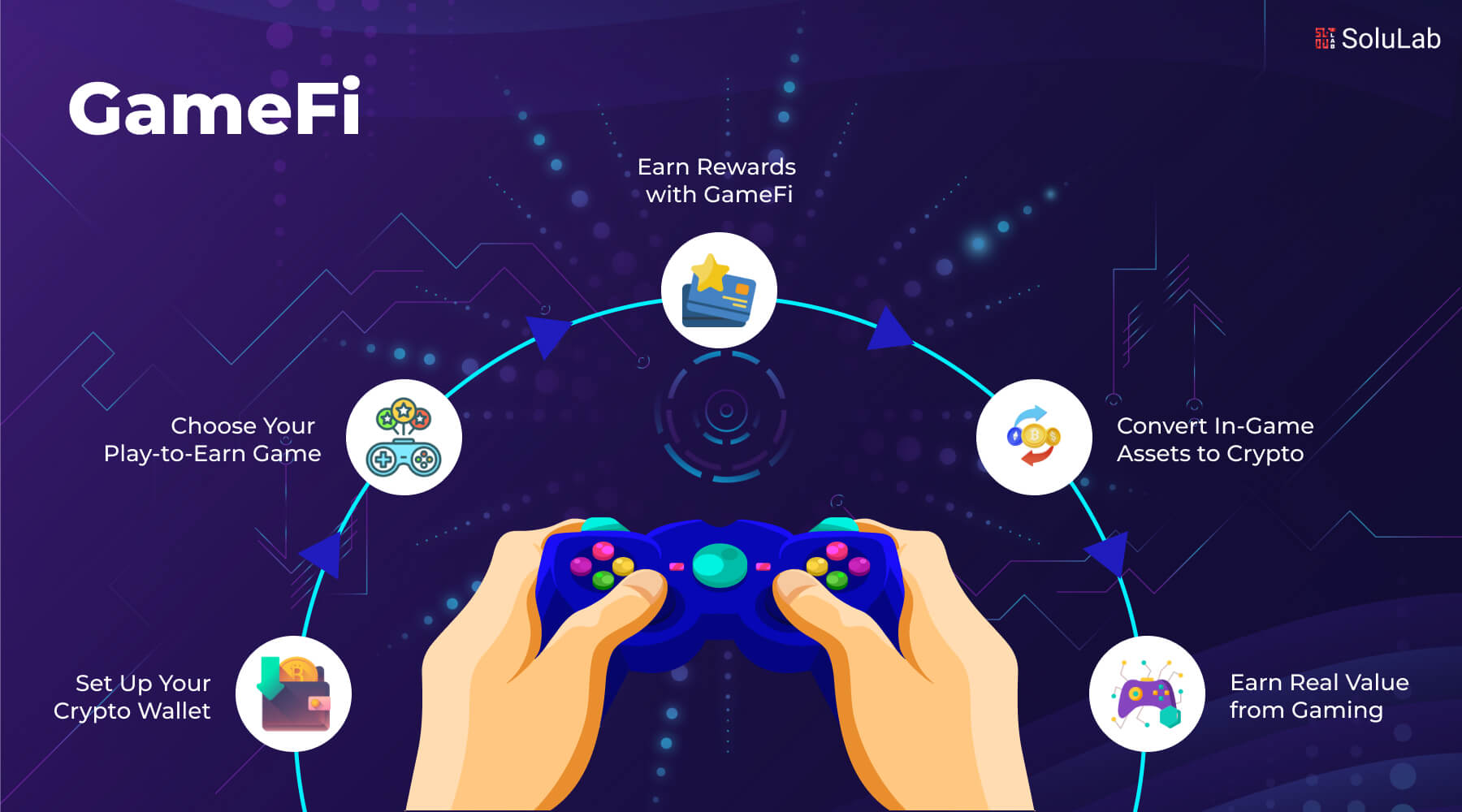
Transparent & Verifiable Gameplay: Blockchain technology ensures all transactions and scoring are transparent and auditable by anyone, whereas legacy apps rely on centralized databases and opaque scoring systems.
-
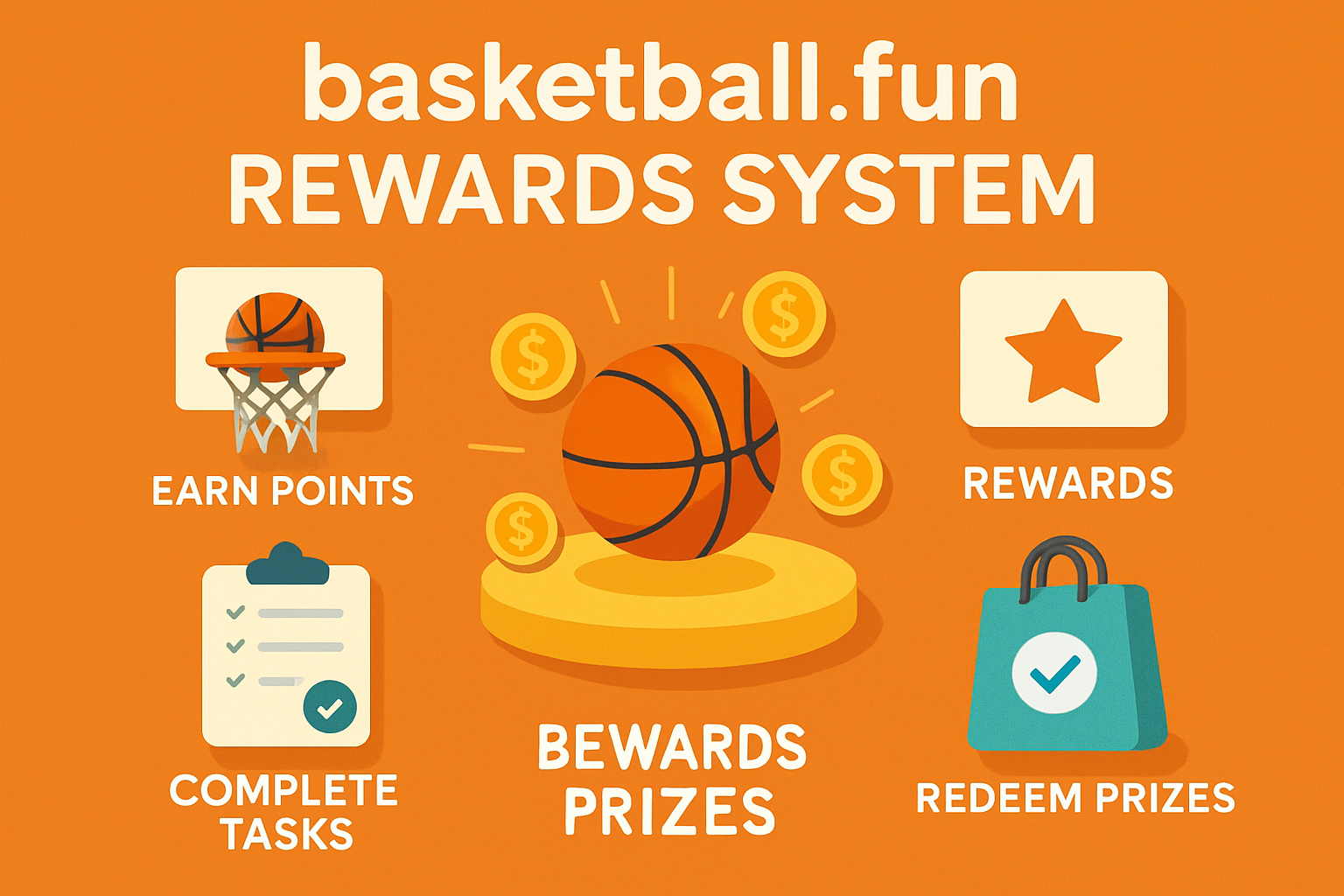
Reward Structures: Platforms like basketball.fun reward users based on prediction accuracy and engagement with in-app value, while legacy apps typically offer fixed prizes or cash rewards without blockchain-based incentives.
-
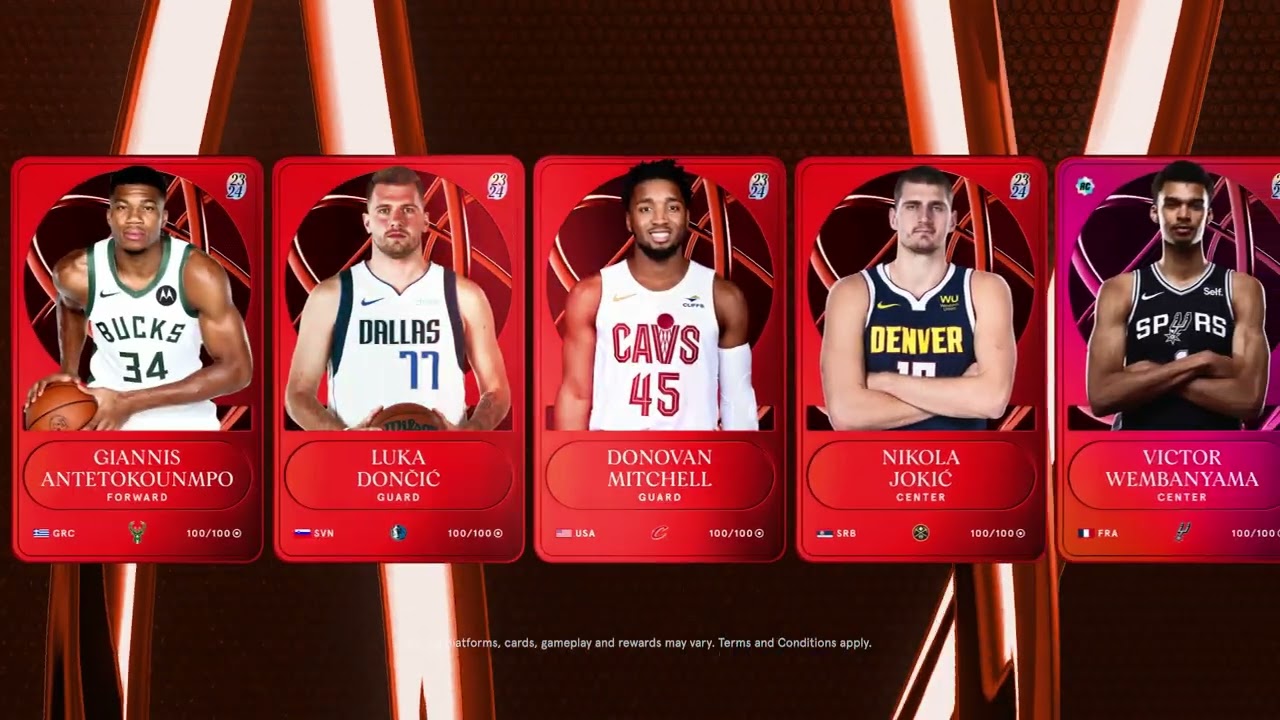
Interoperability & Secondary Markets: On-chain assets can be traded or used across compatible platforms (e.g., selling Sorare cards on NFT marketplaces), while legacy fantasy assets are locked within their respective apps.
-
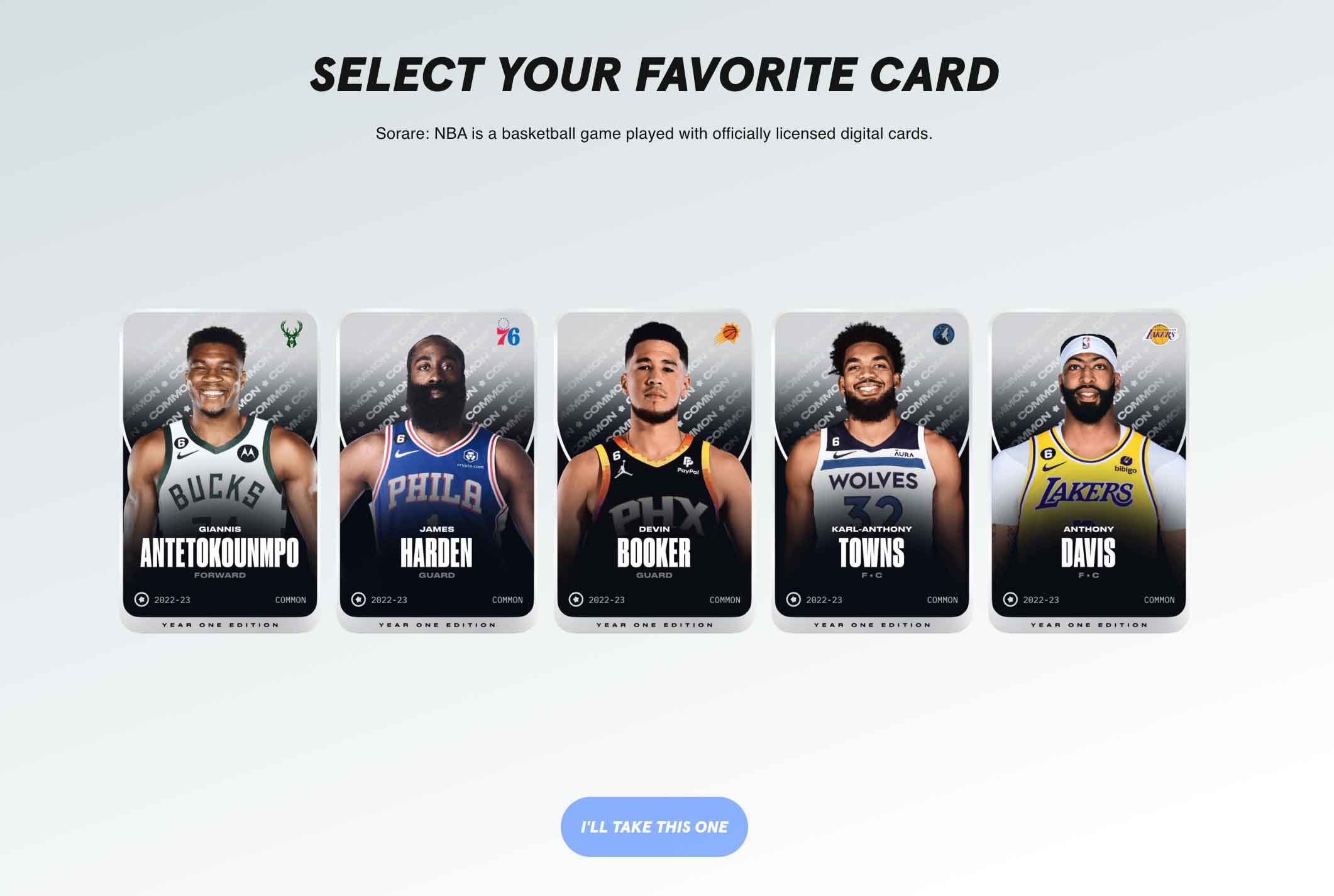
Decentralized Participation: On-chain platforms enable global, permissionless access—anyone with a crypto wallet can join, while legacy apps often require regional compliance and traditional sign-ups.
-

Enhanced Gamification: Platforms like basketball.fun integrate advanced gamified mechanics (e.g., speculation, real-time roster management) powered by blockchain, elevating fan engagement beyond the static experiences of Web2 apps.
The Expanding Universe of Crypto-Powered NBA Games
On-chain fantasy basketball isn’t happening in isolation. Platforms such as basketball.fun, bballxyz, Sorare’s digital player cards, and aiSports’ daily contests are all experimenting with different models of engagement on Base or Flow blockchains. Each offers unique mechanics – from ownable NFTs to prediction-driven earnings – but all share a common goal: giving fans more control over their experience while ensuring fairness through decentralization.
This wave of innovation isn’t just about flashy tech; it’s about reimagining how communities form around teams and players. As these platforms mature, expect new ways for superfans to showcase knowledge, compete globally, and even shape the future direction of their favorite franchises.
What’s striking about this new ecosystem is how it levels the playing field for fans worldwide. No longer do you need to be in a specific geography or have access to legacy payment rails, blockchain-powered NBA games are open, borderless, and permissionless by design. This inclusivity is fueling an explosion of creativity, with communities forming around not just teams but also smart contract-powered competitions, digital collectibles, and even DAO-governed fantasy leagues.
For those skeptical about crypto complexity, platforms like bballxyz are setting new standards in user experience. Built by veterans from Square and Roblox, these apps blend polished visuals with intuitive on-chain mechanics. The result? Seamless onboarding for both crypto-natives and first-timers alike. You can draft your fantasy lineup, track real-time stats, and claim rewards, all without ever leaving the app or worrying about clunky wallet integrations.
Why On-Chain Fantasy Basketball Is Here to Stay
The momentum behind on-chain fantasy basketball isn’t slowing down. With the NBA itself entering the blockchain space via partnerships with Dapper Labs and others (think Top Shot), we’re seeing a convergence of official league IP and grassroots innovation. The future could see everything from NFT-based ticketing to live prediction markets at arenas, each powered by the same transparent infrastructure that’s redefining fantasy sports today.
Top Benefits of On-Chain Fantasy Basketball for Fans
-
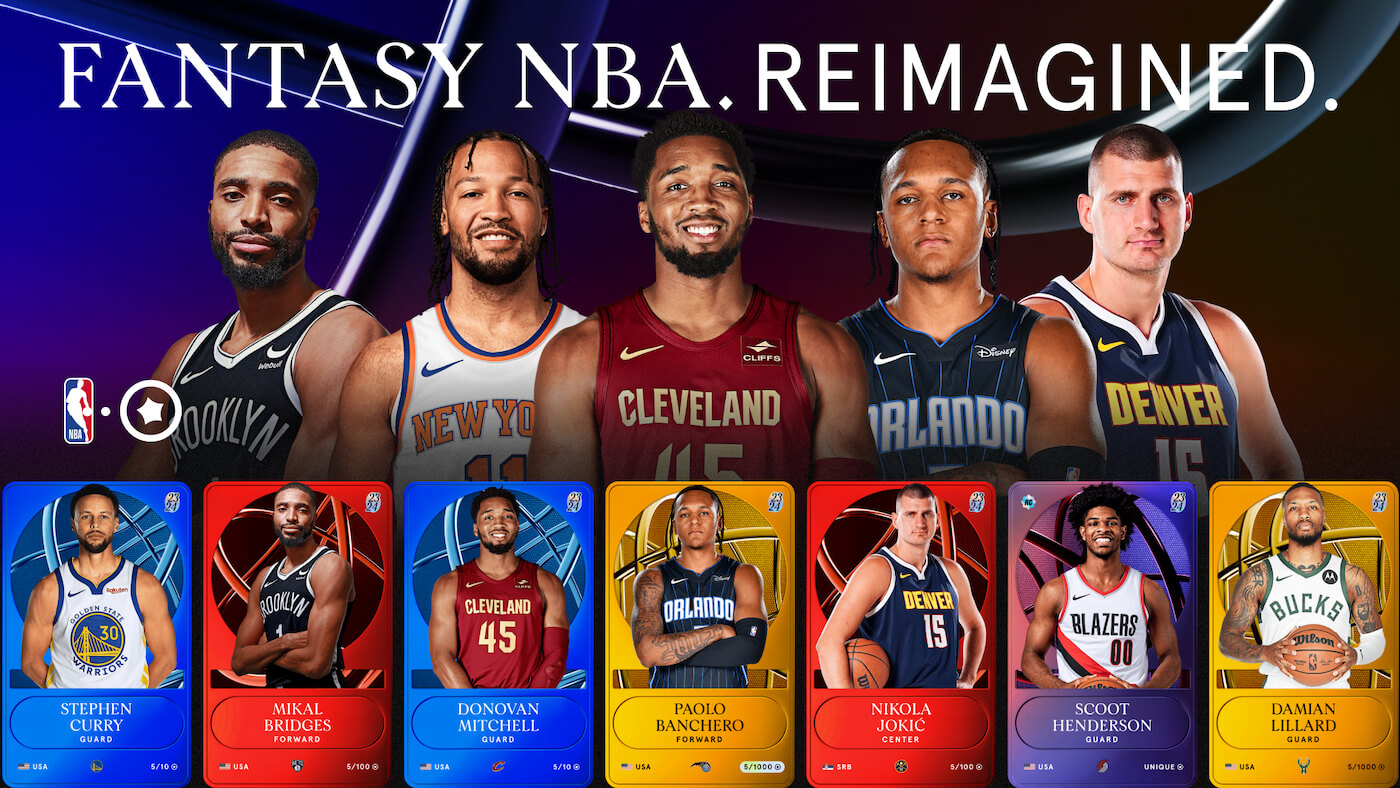
True Digital Ownership: Fans can collect, trade, and own digital player cards and in-game assets on platforms like Sorare and basketball.fun, giving them real control and value over their fantasy lineups.
-
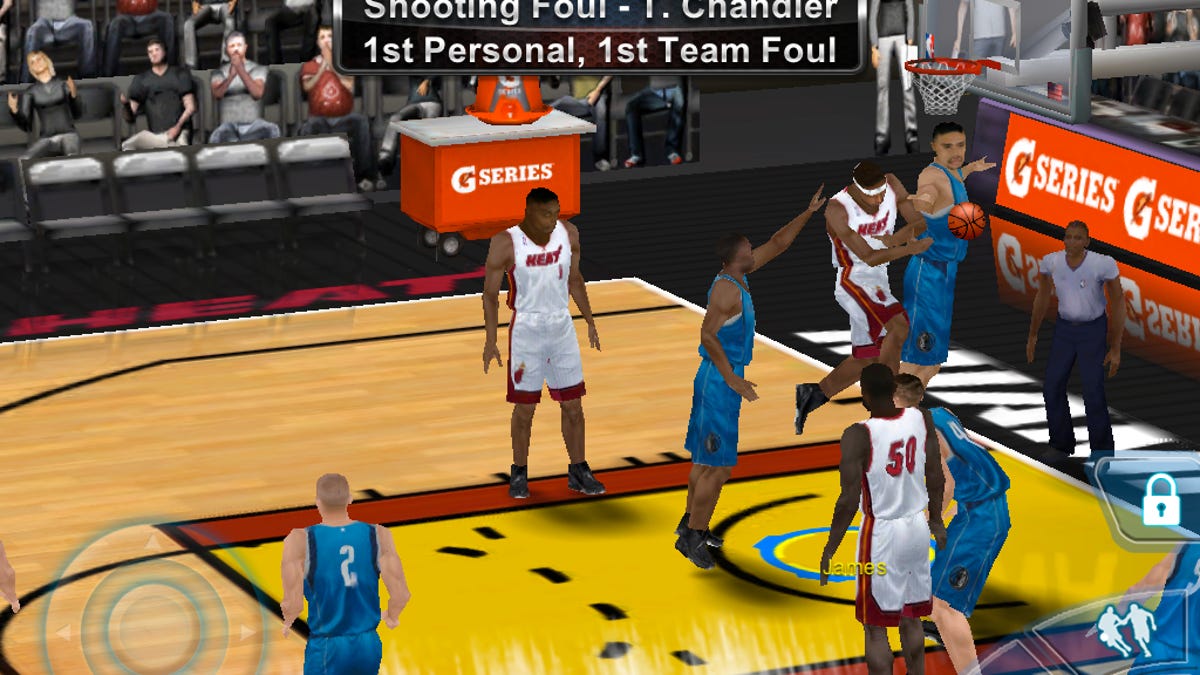
Real-Time, Transparent Gameplay: Blockchain technology ensures all transactions, player stats, and roster moves are recorded transparently and updated instantly, as seen on basketball.fun built on Somnia.
-
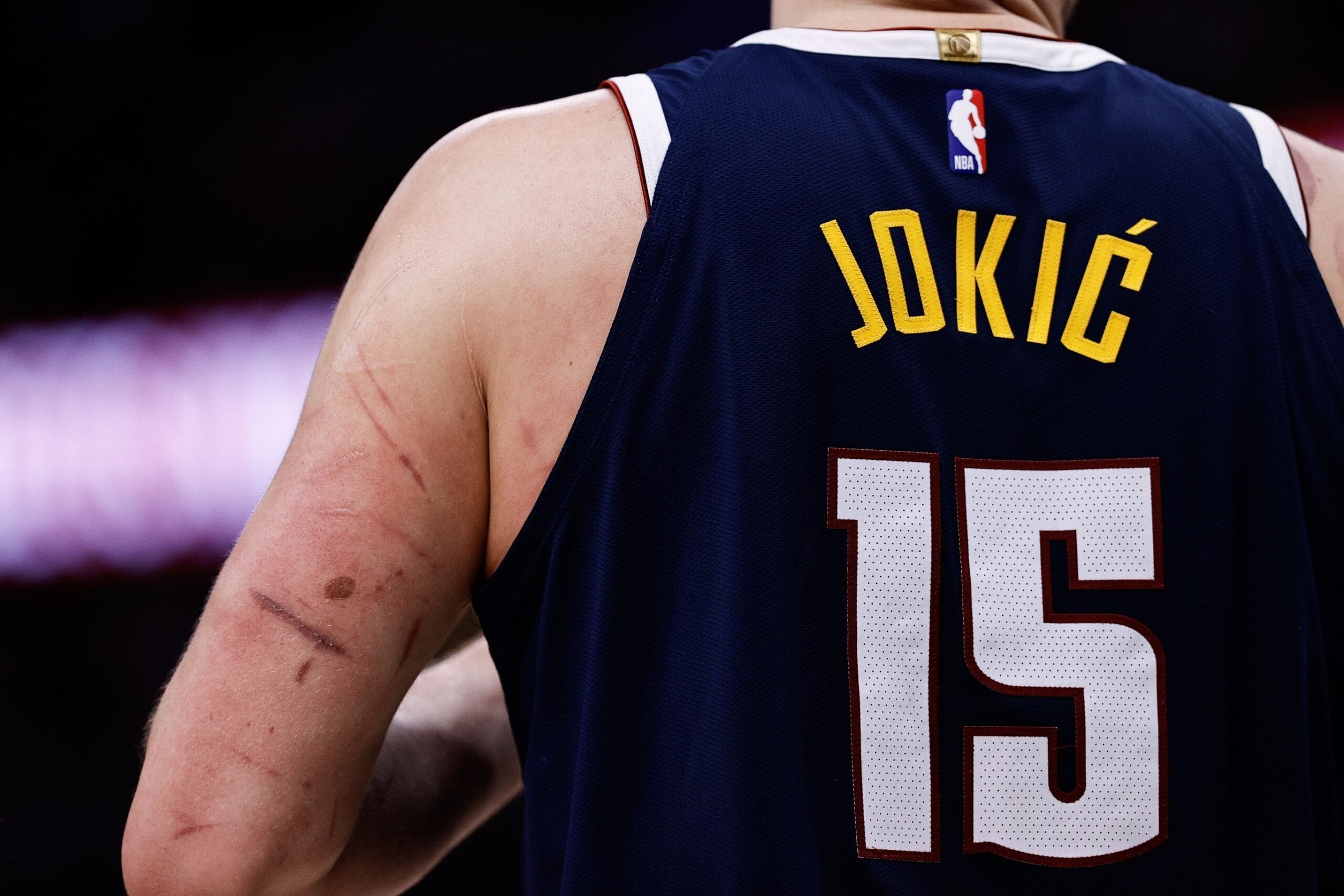
Earn Rewards for Engagement: Fans can earn prizes, tickets, and exclusive experiences based on prediction accuracy and roster performance—without needing to buy a native token—empowering active participation.
-
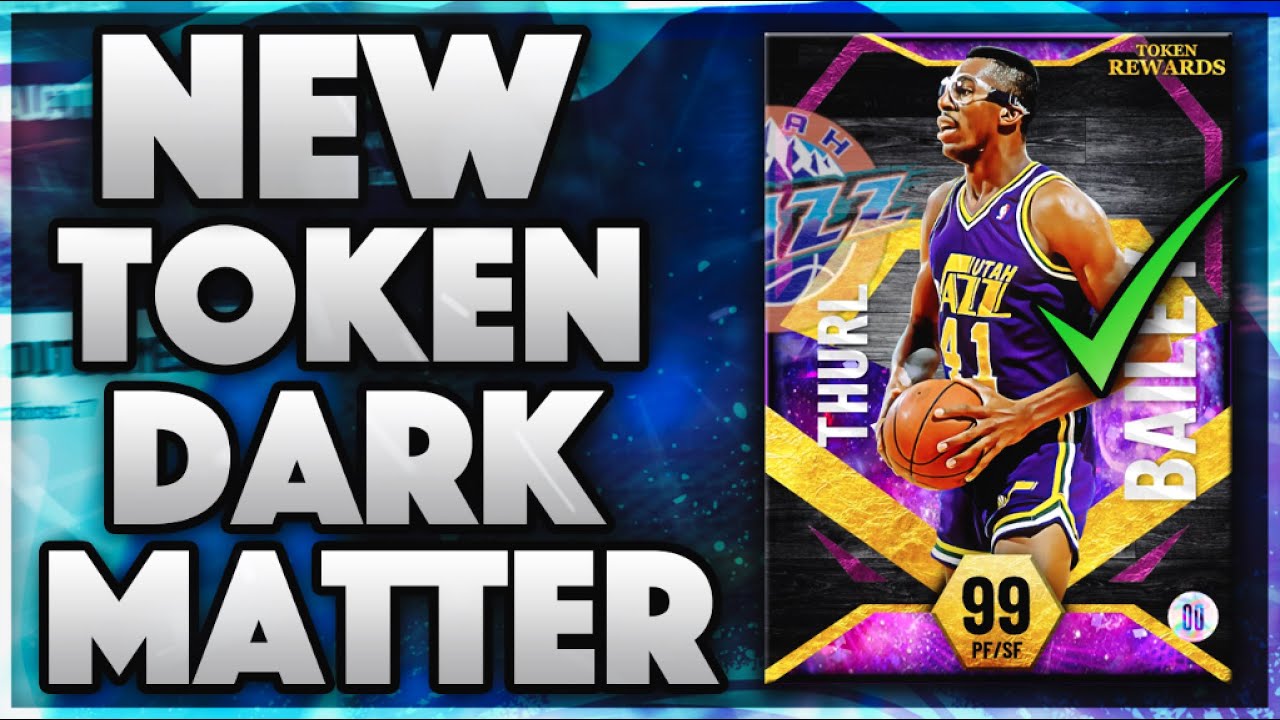
Speculate on Emerging Talent: Platforms like basketball.fun let users track and invest in rising NBA players, with tokenized values that fluctuate based on real-world performance and fan sentiment.
-

Seamless, Scalable Experiences: Built on high-throughput blockchains like Somnia, on-chain fantasy platforms deliver smooth, real-time interactions for thousands of fans simultaneously.
-

Deeper Community Connection: On-chain platforms foster vibrant fan communities where users can trade, compete, and collaborate, transforming passive viewership into shared, interactive experiences.
As more players like aiSports build on top of NBA Top Shot data or experiment with $JUICE token rewards, the landscape will only get more competitive, and more rewarding for engaged fans. Expect features like cross-platform player cards, interoperable assets, and even AI-driven analytics to become mainstream as these platforms scale.
Looking Ahead: Community-Driven Evolution
The most exciting promise of on-chain fantasy basketball is its community-driven evolution. With open protocols and composable smart contracts, anyone can propose new game modes or tweak scoring systems, no gatekeepers required. This collaborative ethos ensures that as fan preferences shift, the platforms powering their experience can adapt rapidly.
And as blockchain adoption grows across sports, from collectibles to betting to fan governance, the line between digital fandom and real-world impact will blur even further. Imagine a future where your performance in a blockchain-powered NBA game earns you courtside tickets or voting rights in team decisions.
For now, one thing is clear: on-chain fantasy basketball isn’t just a tech trend, it’s a movement redefining what it means to be an NBA fan in the Web3 era. Whether you’re here for the competition, community, or cutting-edge tech, there’s never been a better time to step onto the virtual court.






